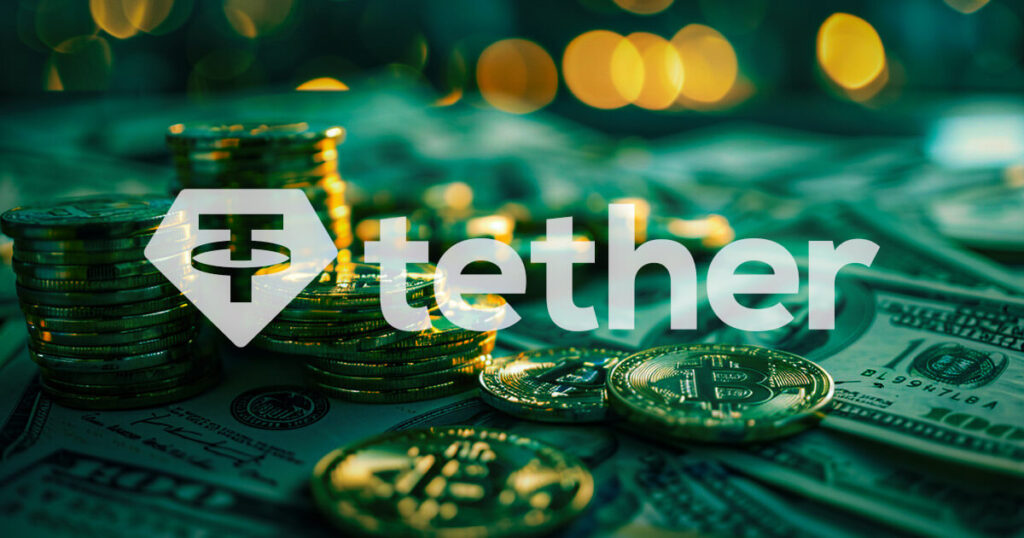Tether has recently found itself under scrutiny by JPMorgan analysts, who raised concerns about the stablecoin issuer’s ability to comply with upcoming US stablecoin regulations. In response to these claims, Tether has refuted the allegations and assured the public that it is closely monitoring the regulatory landscape while engaging with local regulators.
The analysts at JPMorgan suggested that if the proposed US stablecoin laws are enacted, Tether may need to liquidate some of its Bitcoin holdings to meet the new regulatory requirements. They highlighted the potential impact on assets such as Bitcoin, precious metals, corporate paper, and secured loans. With two bills currently under review in the US Congress – the STABLE Act and the GENIUS Act – Tether’s reserves were evaluated to meet 66% and 83% of the respective requirements, leading to speculation that restructuring may be necessary for full compliance.
However, Tether has dismissed these concerns, emphasizing its strong financial position and excess assets that allow for adaptation to changing regulations even under the most restrictive scenarios. The company stated that it holds over $20 billion in other liquid assets and generates more than $1.2 billion in profits per quarter through US Treasuries, making it well-equipped to meet regulatory demands. Tether also took a jab at JPMorgan, suggesting that the analysts may be envious of their failure to acquire Bitcoin at lower prices and claiming that the bank lacks proper understanding of Bitcoin and USDT stablecoin.
Tether’s CEO, Paolo Ardoino, further added that JPMorgan analysts are “salty because they don’t own Bitcoin,” highlighting the ongoing rivalry between traditional financial institutions and the crypto industry. With USDT being the largest stablecoin with a market capitalization of over $140 billion, Tether remains a key player in the digital asset space. Holding 83,758 BTC (equivalent to $7.8 billion) according to its latest quarterly report, Tether continues to navigate the evolving regulatory landscape while maintaining its position as a leading stablecoin issuer.
As the debate between Tether and JPMorgan analysts continues, the outcome of the proposed US stablecoin regulations remains uncertain. Tether’s confidence in its ability to comply with regulatory requirements and adapt to changing circumstances underscores its resilience in the face of regulatory challenges. With the crypto industry poised for further growth and innovation, the role of stablecoin issuers like Tether will continue to be closely watched by market participants and regulators alike.

